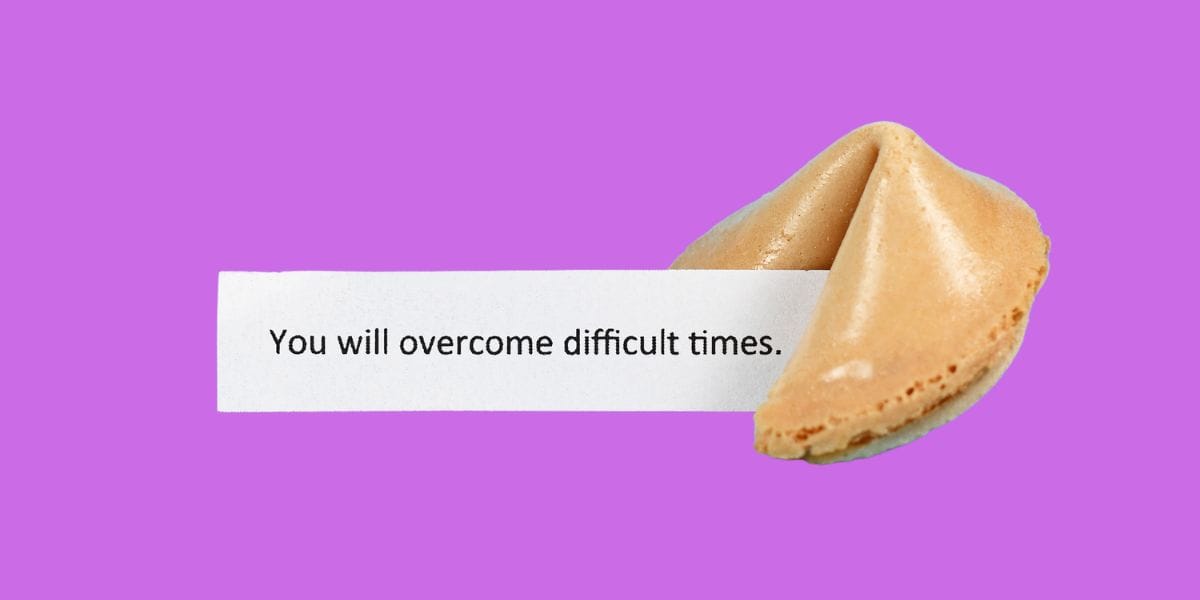How is the pursuit of money like the pursuit of love? Spaceship Creative Content Lead Nat sees some similarities that are worth pointing out.
Investing can have a reputation for being dry and callous. I’ve found the complete opposite to be true.
The beginning of my investment journey was a highly emotional experience.
The ups and downs of the market, coupled with the emotional attachments (or resentments) I formed with my investment choices, made me feel like I was on an emotional rollercoaster — which I found to be eerily similar to my early experiences with dating.
Over time, I’ve felt that the lessons I’ve learnt through dating have helped me become a better investor, and vice versa.
The difference as to whether you succeed in building a healthy, fruitful, long-term relationship with investing — or whether you jump into a passionate, adrenaline-inducing but ultimately draining experience with it — depends on your mindset and your approach.
Here are three things dating and investing have in common, which may help you see how developing the skills you’ll need in one can help you excel in the other.
1. It's crucial to align on core values

Much like dating, your mindset when investing can influence your experience and success.
Will you take a long-term mindset, or will you treat it like a 'get rich quick' scheme?
When app-facilitated online dating began to boom a few years ago, I found it relatively easy to download a dating app, swipe right on a few hotties and score myself some dates.
However, I quickly realised that the way people present themselves online (and how inaccurately I interpreted those portrayals) wasn’t enough to assess whether they would be a good match for me. I also had to dig deeper to figure out what their dating motivations were, i.e. whether they were there for a good time or a long time.
In the process, I found that many people go into dating with the mindset of “what can I get out of this arrangement as quickly as possible?” — which often meant that both parties struggled to get much value out of the experience at all.
I learned that if I didn’t seriously consider whether the person in front of me was aligned to my values and objectives, or was willing to grow and build with me over time, my short-term dating wins were overshadowed by mixed signals and inconsistent behaviour.
It left me feeling like the time and energy I invested in scoring the date in the first place was a poor use of my resources. And having multiple low-return experiences almost put me off dating altogether.
It can be similar to investing.
I had early experiences where I’d seek out a hot stock that had seen quick share price growth, but I failed to explore why the price had risen so suddenly or to look at the longer-term performance, vision and business strategy of the company I was investing in.
This meant that I sometimes bought in at a price peak and the value of my shares declined soon after. I had also taken punts on companies that weren’t in line with my own values and the kind of world I want to help create, which meant my interest and belief in them quickly waned and I wasn’t committed to riding out the volatility.
What I learned is that if I take a long-term approach — which means my investing horizon is more than 7 years — and invest in companies that provide products and services that I believe in, I am far more willing to stay the course — even if I experience volatility along the way. As markets generally tend to rise over longer periods of time, having longer time horizons should mean I’m more likely to be successful in the long run.
2. Valuing consistency over novelty can be the key to long-term success

I love the honeymoon phase of relationships. Everything is new, shiny, happy and I’m absolutely stoked to be there.
After a while, things tend to settle down. Date nights turn into evenings on the couch, and cooking for one another becomes an expectation rather than a romantic gesture. A year or two into a relationship, it becomes harder for me to feel the same kind of emotional highs, even though I wanted to be in a healthy, committed relationship. When these highs do, in fact, plateau, I find myself asking the question: is this actually the right relationship for me?
Investing also has a honeymoon period.
When I took my first few steps into the world of wealth generation, I experienced feelings of elation and pride that came from learning new skills and seeing my money begin to work for me.
Then, one or two years down the track, after I became accustomed to market volatility and experienced a market correction, I began to feel a bit restless. The sheen of novelty had worn off, but I still wasn’t a millionaire, the ride got a little bumpy, and I still had a long way to go. It made me wonder; is this really all it’s cracked up to be? Am I even doing this right?
While our dopamine-seeking brains may tell us otherwise, experiencing feelings of monotony when you’ve stuck with a healthy habit for years is not just normal, but positive.
It's a sign that you've levelled up.
Things you once strove for are now routine. Things that were once novel are now more ingrained behaviours — and now, they’re just a part of who you are.
I’ve come to learn that rather than focusing on the feelings of flatness or fatigue that fills the space that novelty has left, I try to reframe my perspective to recognise the progress I’ve made.
I give myself a moment to recognise how far I’ve come, and give myself permission to be proud of my personal development. This, in turn, helps me feel a renewed sense of belief in the path I’m walking, and enables me to continue towards an even brighter future — both in investing and in love.
3. Going through tough times can be an opportunity, rather than a hindrance

In relationships and in investing, tough times can be galvanising.
They can prompt you to take action, or at the very least, consider whether the course you’re currently on is right for you.
In relationships, it can be helpful to ask whether the tough times are a result of incompatibility with your partner, or whether they’ve been brought on by external factors.
When it is the latter, in my past experiences, these challenges presented opportunities for myself and the person I was dating to grow together. The effort and energy we put into successfully overcoming these obstacles paid dividends, as they helped to build trust and teamwork skills. What’s more is that they enabled us to appreciate the calm after the storm to a greater degree.
Likewise, when it comes to investing, share and unit prices are regularly impacted by market conditions and external factors — such as the recent COVID-induced supply chain disruptions and expectations of increased interest rates, for example. While these events rattle investor confidence, I’ve found that, in the past, when I’ve been able to stick to my strategy and continue to invest regularly, for me personally, these times have proven to be among some of the most fruitful.
This is due to dollar cost averaging. Continuing to invest in a downturn has helped me to bring my average cost per investment cost price down — which, when coupled with the magic of compounding returns, I’m hoping will be more likely to see me better off in the long run.
Of course, in investing as in love and dating, you can only ever control your own actions.
There are so many variables that can impact whether or not you achieve your goals — including both market conditions and personal circumstances — so there is never any guarantee of success.
In the end, the common denominator is me
In dating and investing, the way I conduct myself is a reflection of who I am and the skills I have developed to date.
I’ve made mistakes along the way, and I’m sure I’ll make many more. It’s not my mistakes that define me or my life, but my ability to learn, adapt and move forward with that new wisdom. What matters most is focusing on what I want my life to look like, aligning my behaviours to that vision and continuing to put in the work.
In the end, it’s not them, it’s me.



